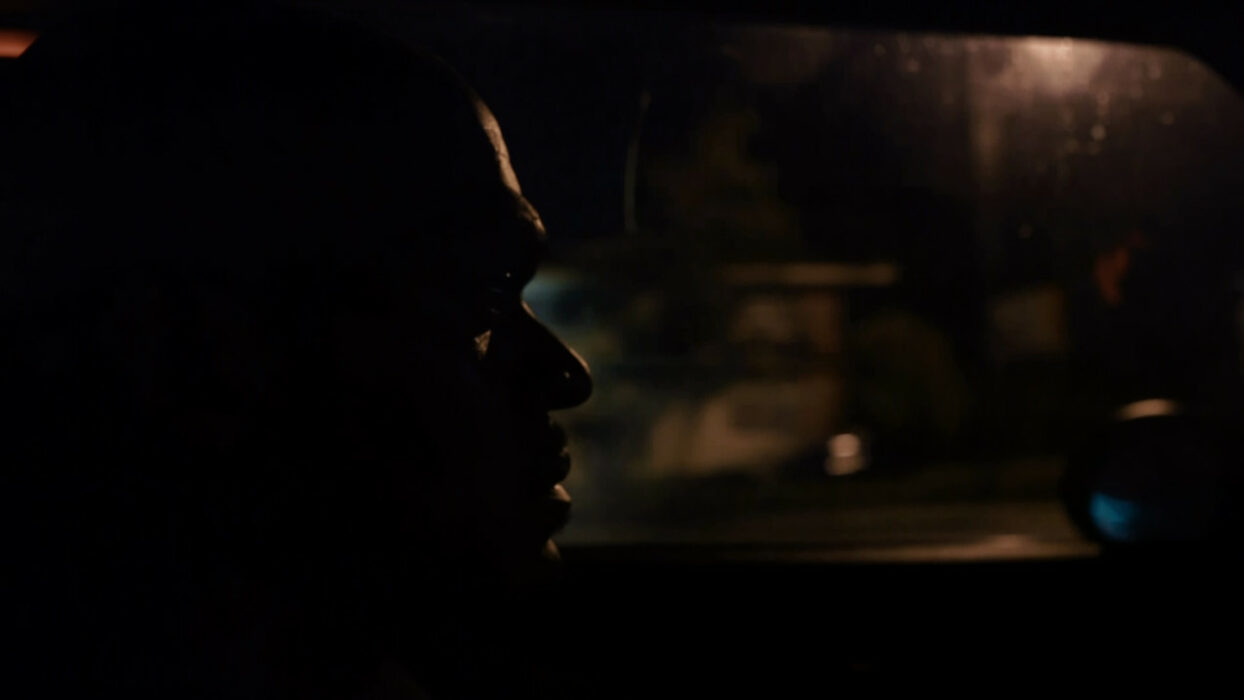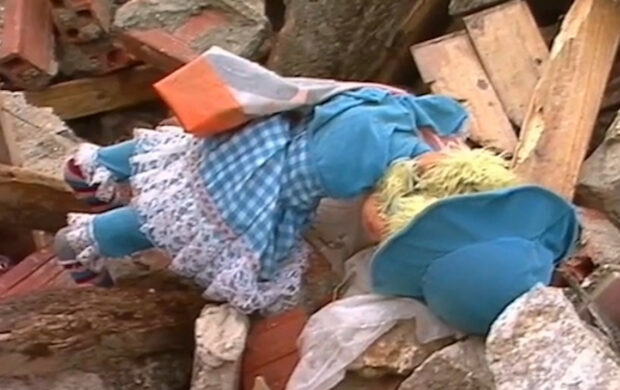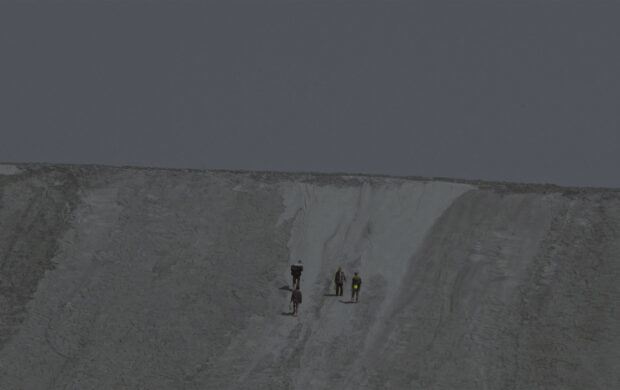Leaving Amerika
- 2024
- France
- 1h57
- English, Spanish, Castilian
One morning, my friend Derrick calls me to say that he wants to leave the USA. He just left his appartment and sleeps in his car. At almost 50 years old, he is still struggling through the nightmarish labyrinth of an ultra-liberal and racist America, looking for a way out.
Amerika, like in Kafka—i.e., a nightmare. This nightmare has been identified for some time (it has been thoroughly documented) as the underside of the American Dream, and has taken staggering proportions over the past twenty years. Derrick Johnson, with whom the film strikes up a long and beautiful conversation, is thinking about leaving the country. He won’t let himself slip any further into the abyss, like others do every day—mostly people like him, neither white nor rich. Along with a handful of personal belongings that he keeps packed away in storage units, his car is the closest thing he has to a home. Derrick is “displaced”, as they say: which is to say he’s already gone, tolerated only as a ghost. Leaving Amerika catches him at a crossroads: asked to take stock of his life, he’s going over the past, but mostly going about his business, running errands, visiting relatives, and making all the necessary arrangements before leaving. Following his every step, the film is less busy documenting as it is checking in: in fact, part of the discreet empathy that is felt is the result of a real-life (albeit long-distance) friendship between the protagonist and the filmmaker. This relationship is never described in detail, nor clarified by its backstory, but it induces the right distance between the film and the viewer: ultimately, all that we ask of a documentary, is a friendly check-in on the world.
Jérôme Momcilovic
- Production : Bootstrap Label / 8h13 productions
- Photography : Marie-Pierre Brêtas
- Sound : Philippe Grivel
- Editing : Gilles Volta
- Copy contact : Bootstrap Label emile@bootstrap-label.com




